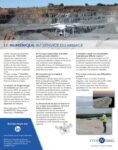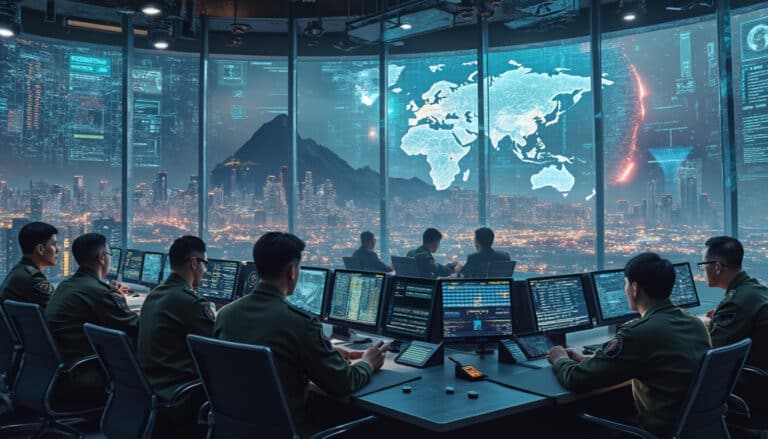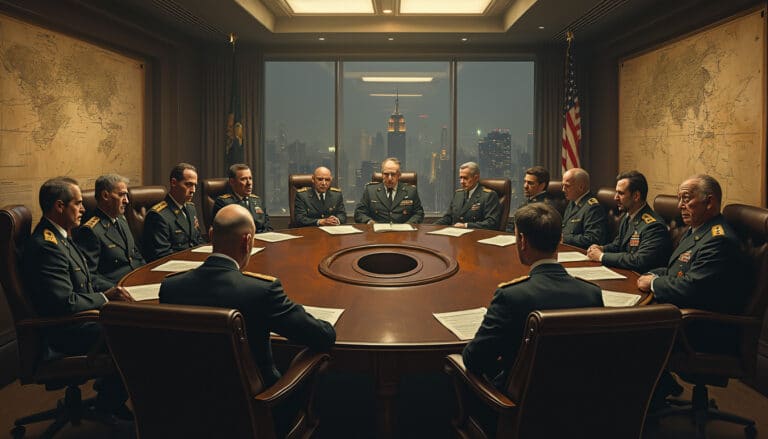At the heart of the geopolitical upheavals caused by war in Ukraine, a striking trend is emerging: European ESG funds significantly increase their investments in the sector of defense. This astonishing phenomenon raises questions about the reconciliation between rigorous standards in terms ofenvironment, of social and of governance, and the ethical implications of funding traditionally controversial industries. While theEuropean Union faces increasing pressure to review its investment rules, the financial and ethical landscape is transforming under the impact of these new dynamics.

The war in Ukraine has had major repercussions on the economy and investments in Europe, particularly in the defense sector. Faced with this unprecedented situation, ESG funds European countries, which integrate environmental, social and governance criteria into their investment decisions, are seeing their funding for the military industry increase significantly. This article looks at this dynamic and its implications.
Table des matières
ToggleA strategic turning point for ESG funds
With the outbreak of the conflict in Ukraine, ESG funds Europeans quickly adjusted their investment strategies. As military support for Ukraine strengthens, some of these funds decide to redirect their capital towards defense companies. This demonstrates a change in mentality in the face of a crisis that has brought armed conflicts back to the heart of security concerns in Europe.
Growing pressure on the European Union
THE exclusion policies on defense investment, which were traditionally strict, are coming under increasing pressure. Defense industry players need funding to meet security requirements, and this is pushing the European Union to consider relaxing its rules. A recent paper suggests that financial institutions must rethink their strategies to adapt to this new environment.
The ethical challenges of defense investments
The increase in investments in the defense sector through ESG funds also raises ethical questions. Many question how these investments can align with the principles of social and environmental responsibility. The war in Ukraine highlights the dilemmas facing investors who want to balance returns and ethics.
Recycling of capital flows
It is also interesting to note that financial market participants are beginning to see the opportunities that the defense industry offers. While some historical funds were hesitant to get involved, the reality of current military needs quickly redefined the perspective. These funds find themselves juggling challenges while trying to maximize their profits, despite the apparent contradiction of their mission.
Implications for the future of ESG funds
As the conflict continues, ESG funds will have to navigate uncertain waters. The need to support the defense industry could become a norm, but in doing so they must also address the concerns of their customers and the general public. The overhaul of investment criteria is part of a broader framework where national security issues and social responsibility intertwine.
Moins de 2%.
— Novethic (@Novethic) July 12, 2024
C’est le soutien qu’ont récolté les nombreuses résolutions anti-ESG déposées aux assemblées générales des grandes entreprises américaines cette année.https://t.co/oyOYwN2bHv
























